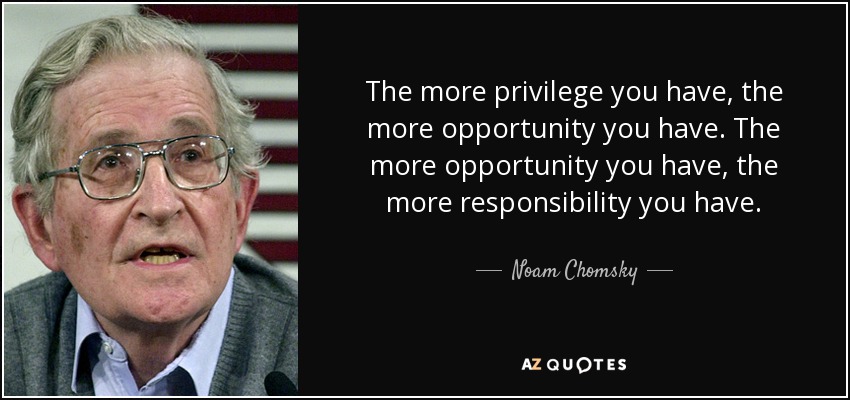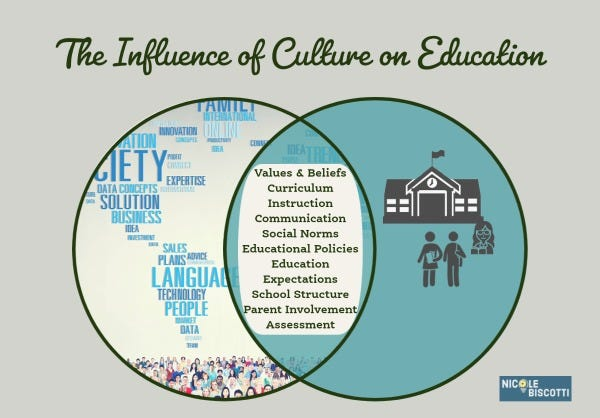Thursday, May 29, 2025
Other People's Children
Tuesday, May 27, 2025
"Colorblindness is the New Racism"
The chapter, “Colorblindness is the New Racism” by Armstrong and Wildman, was very insightful. It made me start to believe that talking about privilege in my classroom is important to my student’s learning. It also encouraged me to reflect on who I am and how that grants and affords me certain privileges. I never thought about unacknowledge privileges as a form of racism. “...Discrimination cannot end absent an understanding of the privilege dynamic that enables discrimination to continue.” We must examine privilege in order to address the discrimination that arises due to the exclusion of certain groups. “This lack of dialogue perpetuates racial separation.” The authors argue that we need to begin to acknowledge privileges and power lines in order to foster discrimination discourse. They also argue that teachers play a significant role in making this happen. Giving our students the vocabulary to talk about these sensitive topics will give them the power to speak up.
Therefore, as an educator, I feel it is my responsibility to begin to show my students how to have these conversations that many fear. “Color insight provides a vocabulary for teaching across racial lines.” By using the four steps outlined in this chapter, I feel more comfortable taking on this challenge of having conversations about race and privilege with my students. The steps allow me to “map out” how to approach topics, what to think about beforehand, and how to focus on appropriate vocabulary. I also feel that, with all the time spent on building relationships, my students would feel confident to share their experiences with myself and classmates. I know that my students would appreciate collaborating while discussing these controversial topics in class. What I do struggle with is WHEN to take the time to model and teach this type of discourse? I teach Science but have other times throughout the day in which this could be done. However, not all students would get to take part and experience the lessons. I feel these topics must be brought up strategically and purposefully.
In a video that I have discovered, Color Blind or Color Conscious, professor of sociology Diane Harriford talks about Obama’s presidency and the effect that it had on colorblindness. Americans were under the impression that, with a black president, we could “stop worrying about black people”. However, she mentions that having a black president gave this false impression and really “erased black people” and “forgot the struggles” they went through. She is hopeful that Americans can move towards color consciousness where we can talk about race in a way that is “complex, serious, and nuanced”. However, we have to encourage these conversations.
Thursday, May 22, 2025
Privilege, Power, and Difference
- "...purpose is to change how we think so that we can change how we act...changing how we participate in the world, become(ing) part of the...dynamic through which the world itself will change."
- "...unless you live in a culture that recognizes...differences as significant and meaningful, they are socially irrelevant and therefore do not exist."
- "...belonging to a privileged category that has an oppressive relationship with another isn't the same as being an oppressive person who behaves in oppressive ways."

Tuesday, May 20, 2025
Teaching Multilingual Children I liked that this article broke down the information into 7 "guidelines". The guidelines helped m...
-
I chose to read " Six Ways U.S. History Textbooks Mislead Students About the History Between Central America and the United States...
-
Why are there diversity, equity, and inclusion policies and programs that help organizations comply with civil rights laws by ensuring tha...


